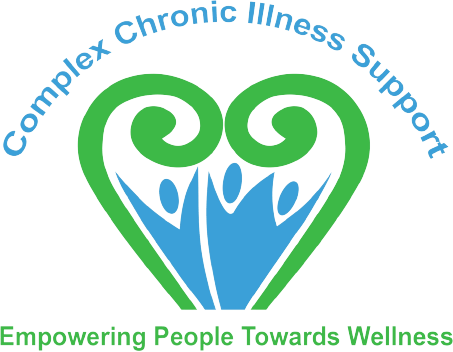Research Article February 2025
Myalgic Encephalomyelitis/Chronic Fatigue Syndrome (ME/CFS) is a
severe and complex condition that significantly impacts daily life, leaving many individuals struggling with debilitating fatigue, post-exertional malaise (PEM), unrefreshing sleep, and cognitive difficulties—often described as “brain fog.” Despite its serious effects on physical and mental health, ME/CFS remains a misunderstood illness that can take years to diagnose.
There is currently no specific lab test or FDA-approved treatment for ME/CFS, which contributes to delayed diagnosis and inconsistent care. Many patients face stigma and feel that the lack of awareness among healthcare providers is just as challenging as the physical symptoms. Diagnosis often requires ruling out numerous other conditions that mimic ME/CFS symptoms, such as depression or other chronic illnesses. On average, 60%–80% of people with ME/CFS
remain undiagnosed.
Symptom Tracking and Screening Tools
Due to the absence of a clear biomarker for ME/CFS, researchers and healthcare providers have developed various tools to track symptoms and help patients navigate their diagnosis.
One promising approach is the use of online self-assessments, such as the DePaul Symptom Questionnaire (DSQ), which helps patients monitor their symptoms and compare them against multiple diagnostic criteria. The DSQ is available in three formats:
· DSQ-Brief: A quick, four-question assessment focused on key symptoms like fatigue,
post-exertional malaise, unrefreshing sleep, and cognitive issues.
· DSQ-Short Form (DSQ-SF): A 14-item version that takes about 5–10 minutes to complete and provides more detailed information.
DSQ-1 (Full Form): A comprehensive 99-item questionnaire covering a wide range of symptom domains, medical history, and physical functioning.
These tools allow patients to gain insight into their symptoms and may help doctors make
earlier, more accurate diagnoses. The DSQ-Screen, an online app developed in 2023, offers a user-friendly way for patients to take these assessments in stages, starting with the shortest
version and moving to the full form if needed. It has shown high accuracy in distinguishing ME/CFS from other conditions, making it a valuable resource for patients and clinicians alike.
